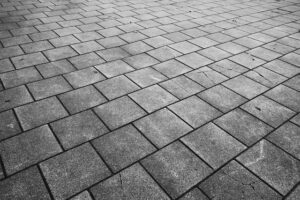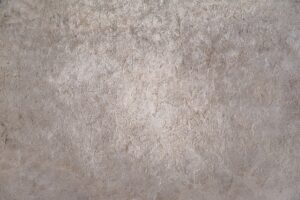Maximizing Efficiency and Sustainability with Modular ICF Construction
Insulated Concrete Forms (ICFs) are revolutionizing construction by offering energy-efficient, durable, and sustainable walls that outperform traditio…….
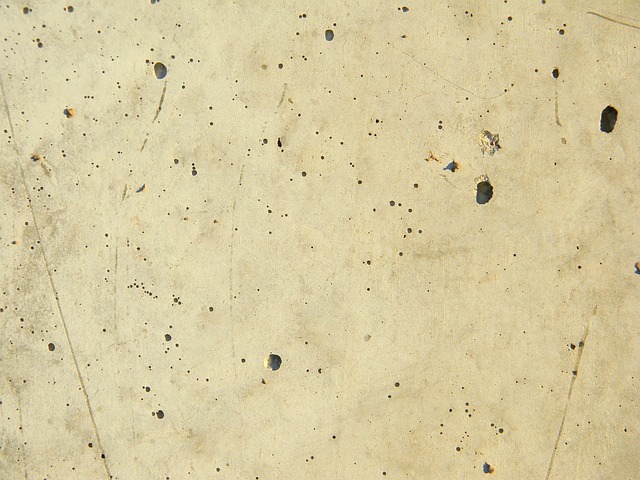
Insulated Concrete Forms (ICFs) are revolutionizing construction by offering energy-efficient, durable, and sustainable walls that outperform traditional methods. These prefabricated systems use foam and concrete to create highly insulated, airtight structures that reduce energy costs, minimize environmental impact, and enhance acoustic comfort. ICFs are versatile, suitable for various climates and building types, and can withstand harsh weather conditions and natural disasters. They provide excellent thermal performance, high R-values, and an airtight seal to improve indoor air quality. By incorporating ICFs, construction projects can achieve significant reductions in greenhouse gas emissions, contributing to sustainable building practices and a smaller carbon footprint over time.
Discover the transformative potential of modern construction with an insightful exploration into Modular Insulated Concrete Form (ICF) technology. This article delves into the swift, efficient construction method that promises not only superior energy efficiency and thermal performance but also enhanced durability and safety standards. Delve into the environmental benefits of building with ICFs, including the use of sustainable materials and minimal waste, as well as their impact on carbon footprint reduction. From the initial preparation to the final touches, learn about the step-by-step process of constructing with Modular ICFs. Understand the versatility of this innovative system across various building types, from homes and cottages to offices, stores, and large-scale facilities. Analyze the cost implications and discover how investing in Modular ICFs can lead to significant long-term savings and a favorable return on investment. Through real-world case studies, witness the success of ICF construction projects and gain valuable tips for selecting the right ICF provider. As we look to the future, consider the advancements in material science and design that are shaping the next generation of Modular Insulated Concrete Forms. Embrace the shift towards sustainable building practices with Insulated Concrete Form as your guide to a more energy-efficient and durable construction landscape.
- Introduction to Modular Insulated Concrete Form (ICF) Construction
- The Advantages of Using ICFs in Construction Projects
- – Energy Efficiency and Thermal Performance
- – Enhanced Durability and Safety Standards
- The Environmental Impact of Building with ICFs
Introduction to Modular Insulated Concrete Form (ICF) Construction
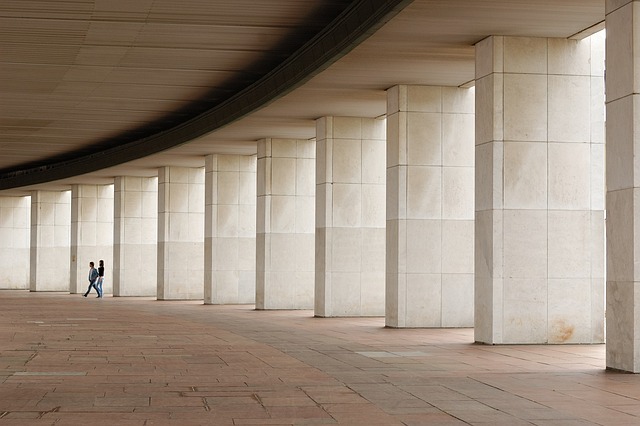
Modular Insulated Concrete Form (ICF) construction stands at the forefront of efficient and sustainable building practices, offering a robust alternative to traditional construction methods. This innovative system utilizes prefabricated, interlocking insulated concrete forms that are quickly assembled on-site to create walls that are both thermally efficient and structurally sound. The modular nature of these forms streamlines the construction process, reducing labor requirements, minimizing waste, and significantly shortening project timelines. This not only accelerates the completion of buildings but also contributes to a more environmentally friendly building process.
The insulated concrete form system consists of interlocking foam panels with a structural inner and outer core, often made from expandable polystyrene (EPS) or extruded polystyrene (XPS). These panels are stacked and connected to form the walls, providing continuous insulation that enhances energy efficiency throughout the structure’s lifespan. The integration of concrete within these forms ensures a high level of durability and resistance to environmental stressors, including wind loads, moisture, and temperature fluctuations. This combination of materials creates a building envelope that is both resilient and energy-efficient, making it an excellent choice for sustainable construction. Additionally, the flexibility of ICF systems allows for customized designs and can accommodate complex architectural details, making it suitable for a variety of projects, from residential homes to commercial buildings.
The Advantages of Using ICFs in Construction Projects
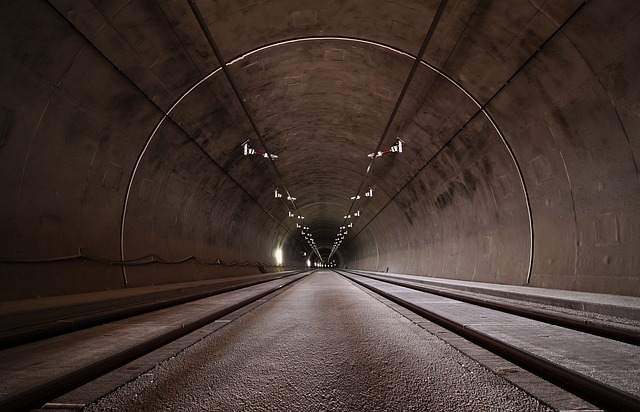
Insulated Concrete Forms (ICFs) have revolutionized the construction industry by offering a versatile and efficient building solution. These pre-engineered, interlocking foam blocks are filled with concrete to create strong, energy-efficient walls. The use of ICFs in construction projects presents several advantages over traditional methods. For one, they significantly enhance thermal performance, providing exceptional insulation properties that reduce heating and cooling costs for building occupants. This insulation is not just limited to temperature control; it also serves as a sound barrier, contributing to the acoustic comfort within the structure.
Furthermore, ICFs offer superior structural integrity compared to conventional materials. They are resistant to high winds, seismic activity, and can even withstand natural disasters such as hurricanes and tornadoes. This durability is not just beneficial during extreme weather events; it also translates into lower maintenance costs over the building’s lifecycle. The airtight nature of ICF walls also means fewer air leaks, which contributes to healthier indoor air quality and can significantly improve the overall environmental footprint of the construction. With the ability to be used in various climates and for different types of buildings, from residential homes to commercial complexes, Insulated Concrete Forms are a smart choice for modern construction projects seeking efficiency, resilience, and sustainability.
– Energy Efficiency and Thermal Performance

Insulated Concrete Forms (ICFs) are a game-changer in construction, particularly for those prioritizing energy efficiency and thermal performance. These innovative building systems consist of precast, insulating concrete forms that interlock to form structural walls. The result is a hybrid of an insulated wall and a monolithic reinforced concrete wall, providing exceptional performance in both aspects. The high-performance insulation within the ICFs significantly reduces thermal bridging, which is a common issue with traditional construction where heat can escape. This means that homes and buildings constructed with ICFs maintain their temperature more effectively, leading to energy savings and enhanced comfort for occupants throughout the year. The R-values of these forms are notably high compared to other wall systems, ensuring that the interior remains well-insulated against external temperatures. Furthermore, the airtight nature of ICF walls contributes to improved indoor air quality by reducing infiltration of outside air, which can carry allergens and pollutants. This aspect not only supports healthier living conditions but also complements sustainable building practices, making the Insulated Concrete Form an ideal solution for eco-conscious construction projects aiming for high energy efficiency and optimal thermal performance.
– Enhanced Durability and Safety Standards
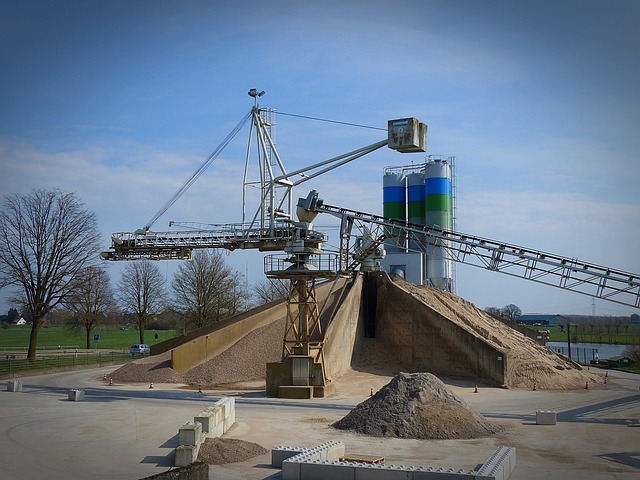
The Insulated Concrete Form (ICF) system represents a significant advancement in construction technology, offering unparalleled durability and safety standards that are critical for sustainable and resilient building. These forms provide superior thermal performance, effectively locking in the insulation within the concrete walls to maintain consistent temperatures year-round. This not only enhances comfort but also significantly reduces energy consumption for heating and cooling, leading to substantial cost savings over the lifespan of the building. The interlocking design of ICFs ensures structural integrity that can withstand various environmental stressors, including high winds, heavy snow loads, and seismic activity. This robustness is complemented by the inherent fire-resistant properties of concrete, making buildings constructed with ICFs safer and more secure for occupants. The rigidity and stability offered by ICFs also contribute to a reduction in noise transmission, creating quieter, more peaceful living or working environments.
In addition to their durability, ICFs meet stringent safety standards, incorporating design features that address both natural and man-made disaster risks. The airtight nature of ICFs helps in minimizing the spread of fires, potentially life-saving characteristics. Additionally, the seamless integration of reinforcement within the concrete provides an added layer of protection against external forces. The long-term performance of ICF structures is underscored by their resilience to water intrusion, which can lead to mold growth and structural decay. By choosing an Insulated Concrete Form system, builders and homeowners are investing in a structure that promises longevity, safety, and energy efficiency, making it an intelligent choice for modern construction needs.
The Environmental Impact of Building with ICFs

Insulated Concrete Forms (ICFs) have emerged as a sustainable building solution with significant environmental benefits. Unlike traditional construction methods, ICFs reduce the carbon footprint associated with building through their high energy efficiency and durability, which minimizes the need for frequent renovations or repairs. The use of ICFs in construction leads to a substantial reduction in greenhouse gas emissions. These forms are created from a foam material, typically expanded polystyrene (EPS) or extruded polystyrene (XPS), which provides exceptional thermal resistance and insulation properties, thereby reducing energy consumption for heating and cooling throughout the building’s lifecycle. The reduced reliance on fossil fuels for temperature regulation contributes to a lower environmental impact over time. Additionally, the structural integrity of ICFs means that less concrete is required, as the forms provide both the insulation and the structure, leading to a further reduction in material use and associated emissions from concrete production. This innovative approach not only promotes energy efficiency but also supports sustainable construction practices, making ICFs an environmentally responsible choice for modern building projects.
In conclusion, modular insulated concrete form (ICF) construction stands out as a highly efficient and sustainable building method. Its prefabricated nature facilitates rapid construction while delivering exceptional energy efficiency and thermal performance, making it an ideal choice for modern structures seeking to minimize environmental impact without compromising on durability and safety standards. The benefits of ICFs in construction projects are manifold; they not only create resilient buildings capable of withstanding various environmental challenges but also offer a greener alternative in the building industry. As we continue to prioritize eco-friendly practices and smart construction solutions, modular ICF systems are poised to revolutionize the way we build our future living spaces and commercial environments.
